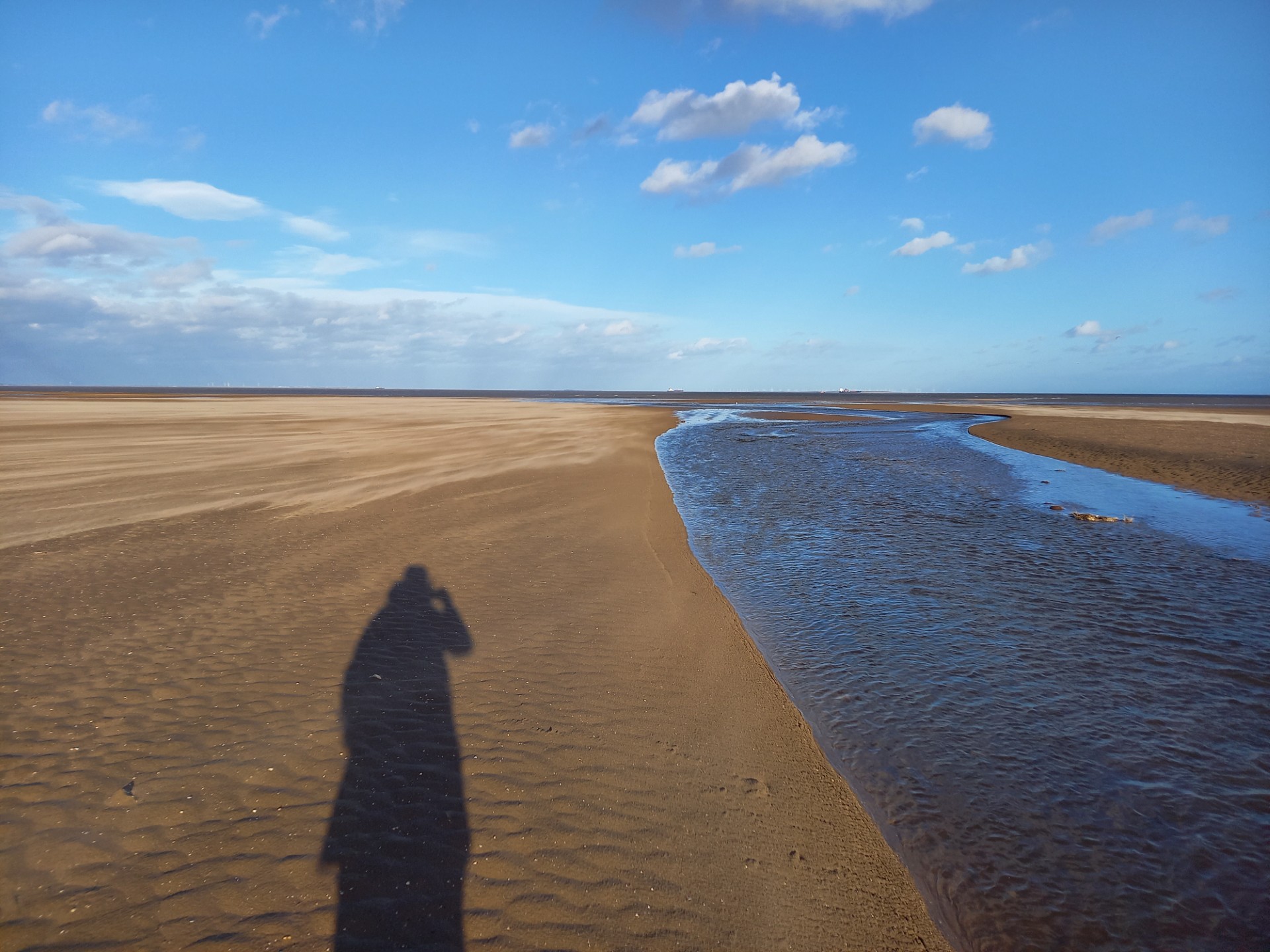
June 25, 2024, by UoN School of English
Little beasts: experiments with nature writing
I discovered a love of lyric essays during my MA in Creative Writing at Nottingham. Before this, I wrote mostly fiction, and toiled on novels. But there was also a weird form of writing I couldn’t categorise, which was more instinctive. I would write these little stream-of-consciousness prose poems but I didn’t really know that’s what they were. I kept trying to contort them into becoming micro-fiction, because I had labelled myself a fiction writer.
But my writing has always been quite poetic and lyrical and I lean into experimentation with verve. So even while the poetry modules on my MA didn’t leave me feeling like a poet — lost between enjambments and the iambic pentameter — a module on experimental essay-writing, in particular lyric essays, brought out a little beast who had been living inside my head.
The little beast wanted to write a certain way, based on how thoughts manifested, based on how dream logic sometimes slipped into day logic, based on how a sudden love of the shape of words on the page might affect meaning, or create meaning in the gaps. It had been waiting all that time and now it all suddenly made sense and I almost felt daft for not seeing it before.
Simultaneous to this I was realising what I really needed to write about — fleshy, mortal humans as a part of nature, and the enormous emotional toil of, ‘living and dying together on a damaged earth’ (as Donna Haraway puts it).
And so I discovered ecopoetics. Ecopoetics is more than nature poetry, as the term poetics can be used in a more all-encompassing way. Like art, poetry is as much a way of thinking as a specific creative form. It’s thinking between the gaps of everything, experimenting with what might exist there. Critical poetics is the place where critical thinking (that hallmark of academia) meets creative thinking, and within this realm of artists, writers and researchers, there is my little sub-genre of ecopoetics, which focuses on ecology, environment and the battles to protect our only home.
I am now doing a PhD on the topic, focused on environmental grief and our emotional entanglement with the natural world. I visit coastal environments around the British Isles and talk to ecologists and locals alike. I research habitats and happenings, and strange species, and find new ways to express their existence — unleashing my little beasts on the page.
You can follow my PhD and accompanying podcast at: https://hopeintherisingtide.substack.com/
— Kirsty Fox, PhD in Creative Writing
No comments yet, fill out a comment to be the first

Leave a Reply